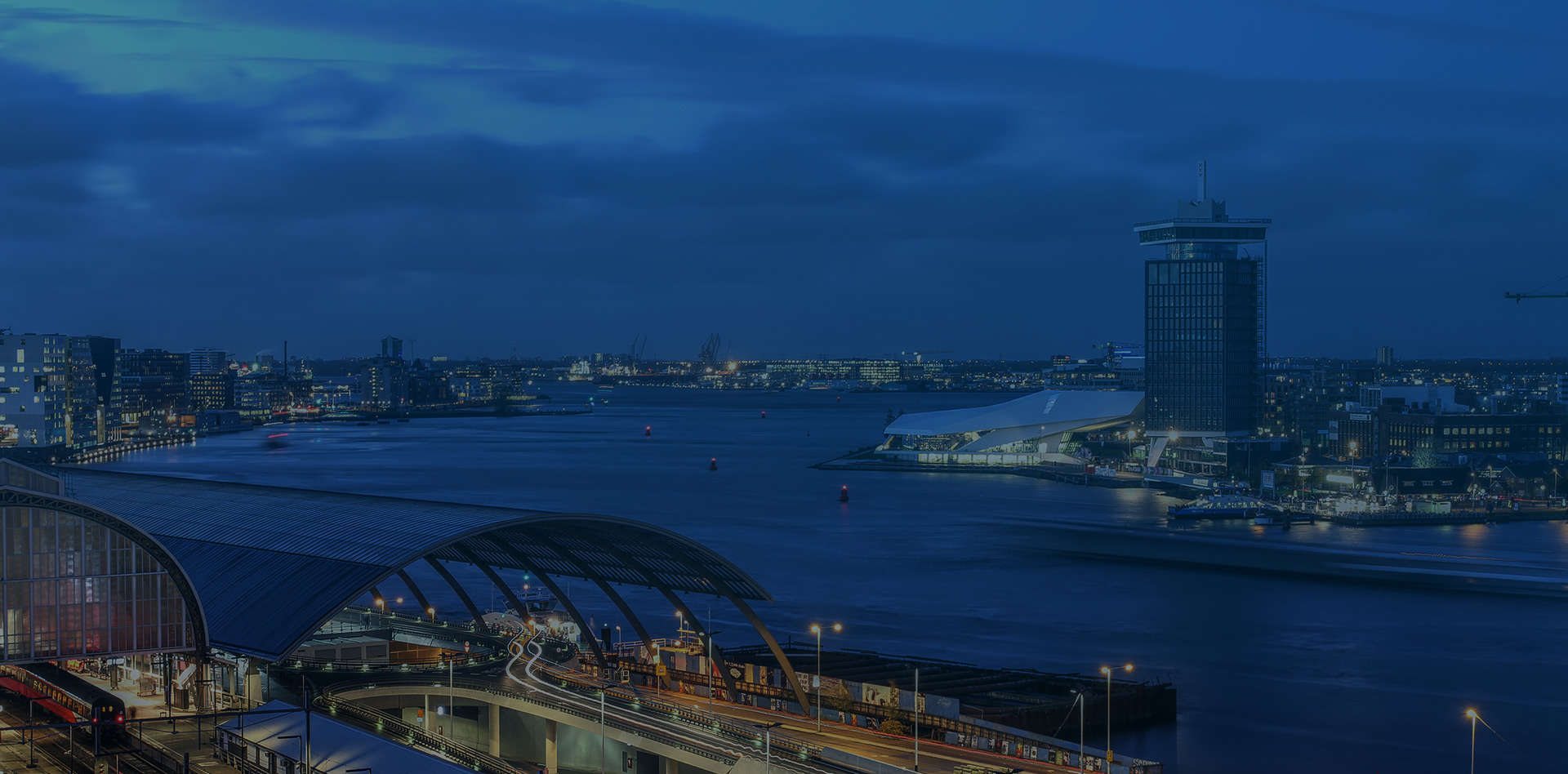The UK has spent £108m for “the supply of additional freight capacity on Short Sea crossings for Ro-Ro services between English and European ports.”
This is to ease potential congestion problems at Dover in the event of a no-deal Brexit, as the government ramps up its multi-billion contingency plans.
The Department for Transport has signed contracts with three ferry companies, in order to create more freight corridors away from Dover.
- Brittany Ferries (£46.6m)
- DFDS (£47.3m)
- Seaborne Freight (£13.8m)

Seaborne Freight is a start-up company, with “seasoned shipping veterans”. They are working on setting up a freight ferry service between Ramsgate and Ostend, initially with two ro-ro ships.
Dredging of Ramsgate port will start on January 4th, chief executive Ben Sharp told the BBC.
The ferry services under the contracts are to be operational by 29.3.2019.
Brittany Ferries adds 19 weekly return-sailings to three routes on the western channel: Roscoff to Plymouth, Cherbourg to Poole and Le Havre to Portsmouth.
These additional rotations will allow more space for lorries, as requested by the Department for Transport. This is a 50% increase in freight capacity on the three affected routes from 29th March 2019, representing a 30% increase overall on the western Channel.


